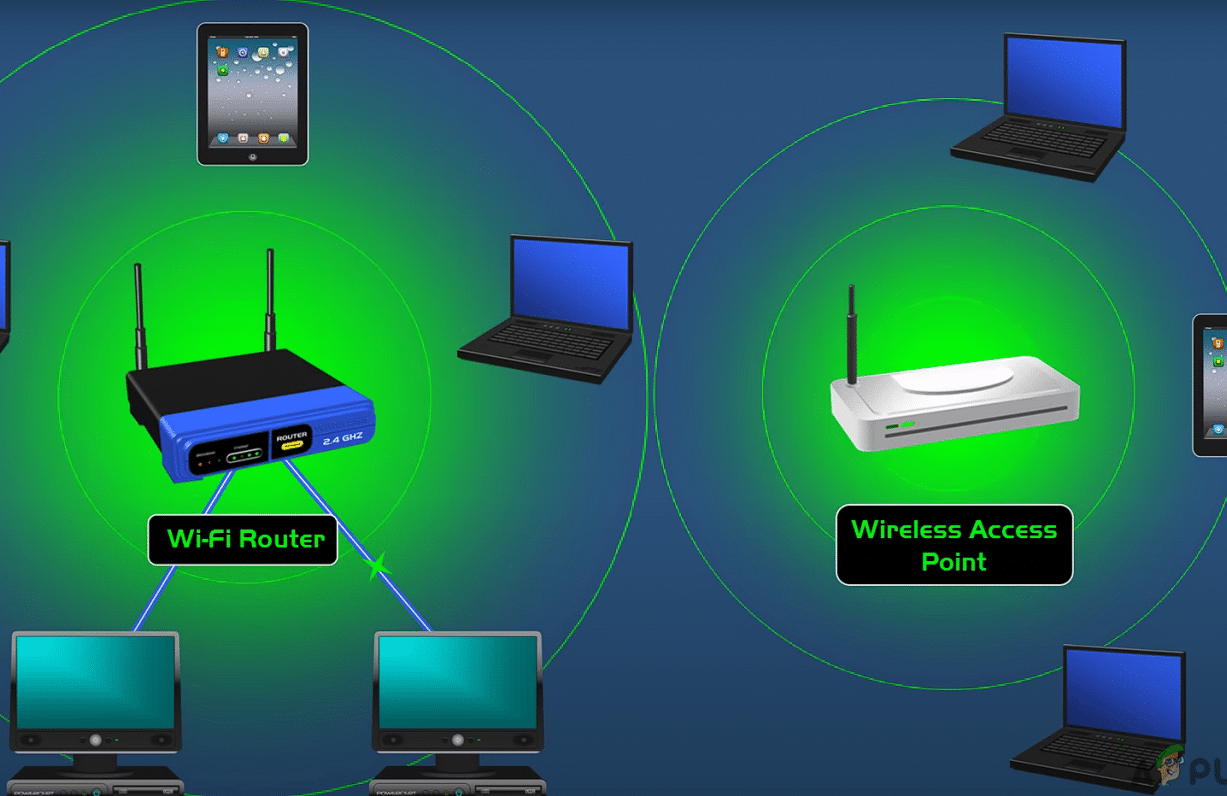949
When you want to set up a network, you will quickly come across the terms “access point” and “router” and may wonder what the difference is.
Access Point vs. Router: the difference
A router and an access point are both devices that can be used in a network. The main difference between the two is that a router forms the core of a network, while an access point extends the physical LAN. Here are the main differences in detail:
- A router manages all the devices on a network, while an access point merely extends the physical network.
- Routers communicate with networks outside their own network and distribute data in different directions, while access points usually only provide access to a router’s network.
- Routers can establish wireless connections and act as access points, but not all access points need to be routers.
- WLAN access points increase the range of a WLAN but do not affect the bandwidth.
- So if you want to set up a network, you usually need a router. An access point can then serve as an extension of the physical network to connect more devices or increase the range of the WLAN. Note, however, that a new router or contract is required for increased bandwidth.
